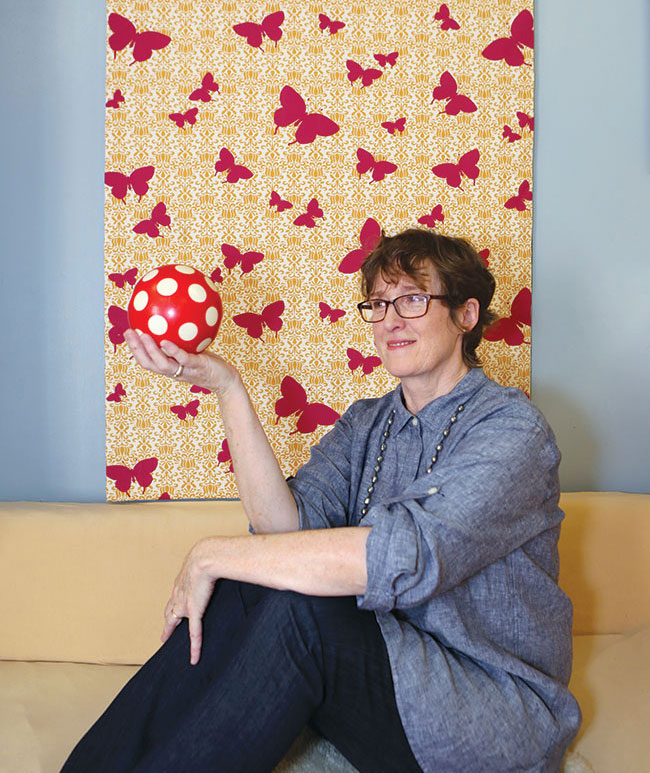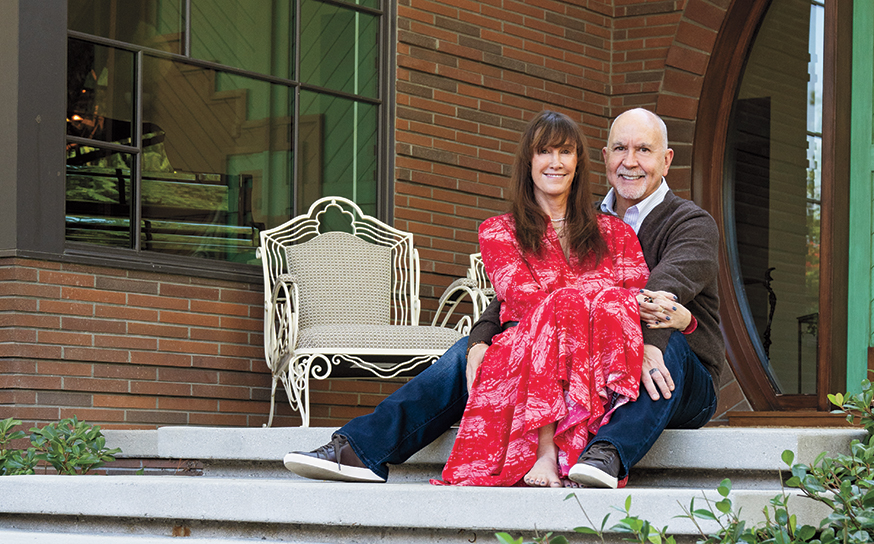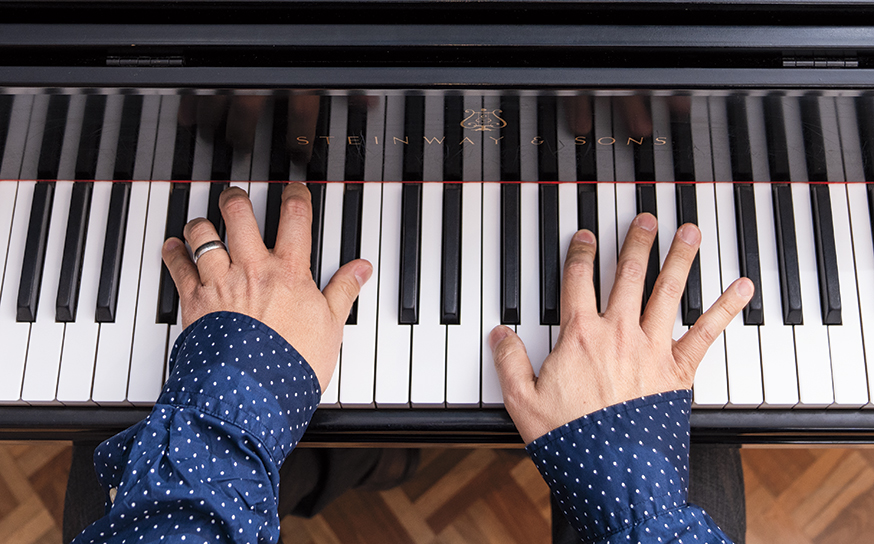
Raising Baby
Deborah Carlisle Solomon, executive director of Resources for Infant Educarers (RIE®), believes we need to take a more dignified, simplistic approach to raising infants—one that does not include baby talk, trips to Toys“R”Us or high-end equipment.
-
CategoryPeople
-
Edited byLinda Grasso
RIE says we should “respect a baby’s true nature.” Explain.
It is important to treat a baby with respect and honor and see each baby as a unique individual, not as an object. Try to see things from the baby’s point of view. For example, if you were a baby, would you want to be passed from one stranger to another, or would you prefer to be held by your mother or father?
Vanity Fair called RIE a parenting trend. Thoughts?
RIE was co-founded nearly 40 years ago. The organization has endured all this time because co-founder Magda Gerber’s Educaring® Approach to being with babies helps parents to become more confident and babies to be more peaceful and secure.
Can you compare RIE to “helicopter” and “tiger mom” parenting?
Parents often helicopter because they are anxious, but practicing the Educaring Approach can help any parent to relax so that helicoptering is no longer necessary. At RIE, we often talk about readiness. When a baby is ready to roll over, he will do so. When he is able to take his first step, he’ll do that as well.
RIE does not advocate praising kids. How come?
We certainly acknowledge what a baby or toddler is doing or has done, but praise in the form of “Good job!” is not necessary. Counter to what some would believe, this kind of non-specific commenting does nothing to boost a child’s self-esteem.
Suggestions for toys?
The ideal toy is passive. Our rule of thumb is “passive play object, active child.” Many “toys” are just the opposite. They light up, make noise or move on their own. When the toys are very busy, a baby responds by becoming less active.
What about bouncy and high chairs?
Babies love to move and are rarely still (except when tired), so we are in favor of supporting a baby’s free movement. Bouncers and other devices are most often used to restrict a baby’s movement so that he’ll be safe while an adult is out of the room. If there is a safe place for a baby to play, these devices are unnecessary.
Doesn’t this make it more difficult for the caregiver?
No one can give full attention to someone else 24/7. That’s unrealistic. We suggest that parents give full attention during caregiving times of feeding, bathing, diapering and dressing. When it’s time to do something for yourself, your baby can be in his safe space, whether it’s his crib or gated area, where there are no potential dangers.
Can you suggest one thing that parents could try from the RIE method?
Slow down. Just moving slowly creates a sense of peacefulness, which is particularly significant to
a young baby’s developing nervous system.

Deborah Carlisle Solomon is author of Baby Knows Best: Raising a Confident and Resourceful Child, the RIE® Way. She lives in Studio City. For more, go to deborahcarlislesolomon.com or rie.org.











